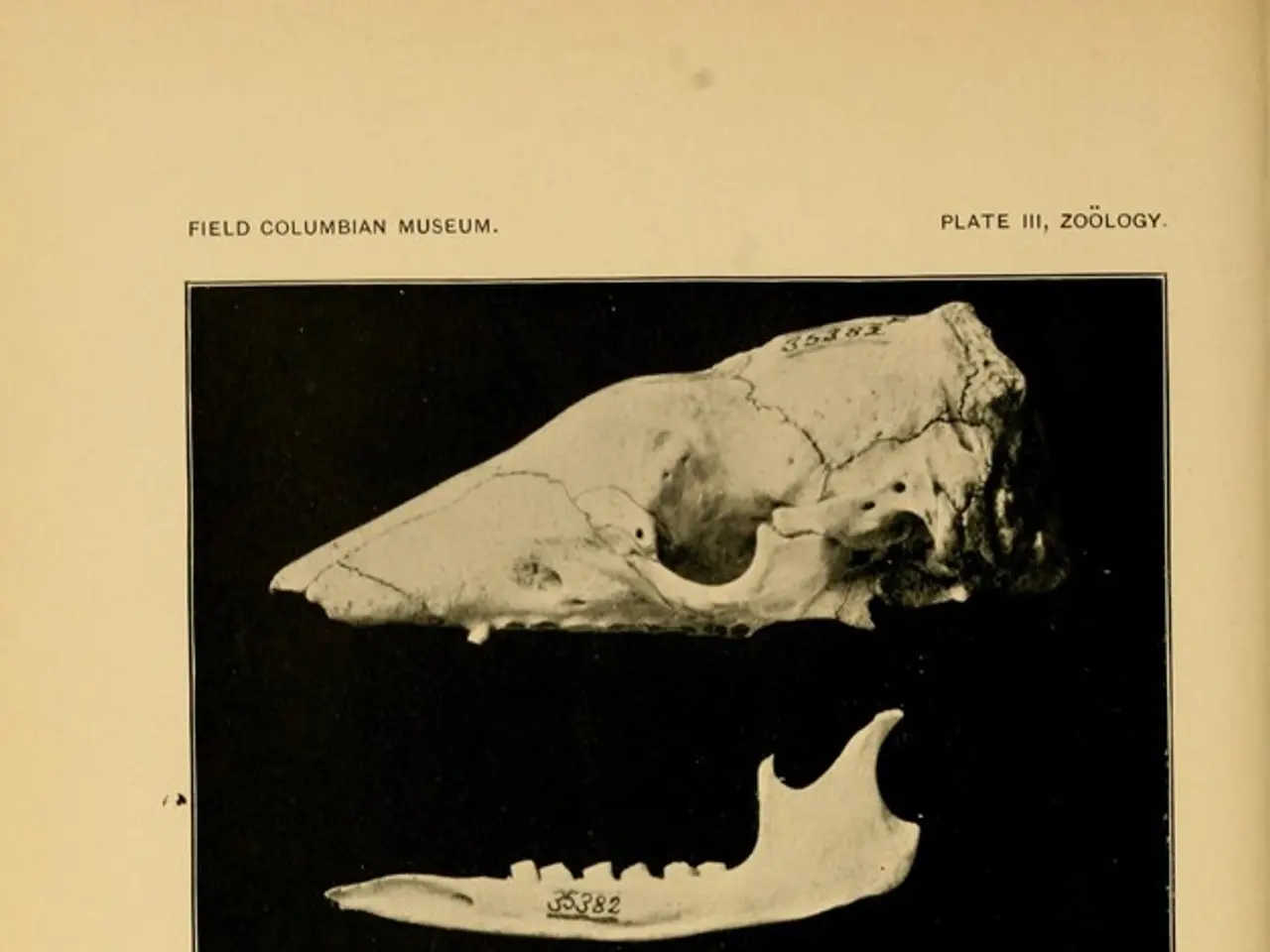Potential connection between vitamin D and contraception revealed
Let's Talk Vitamin D and Contraceptives
Getting your daily dose of sunshine isn't just about soaking up some rays; it's essential for maintaining optimal levels of vitamin D. This vitamin plays a crucial role in keeping those calcium and phosphorous levels in check, helping your body absorb calcium, which is essential for strong bones. Foods high in vitamin D include fish and eggs, but around 90% of our vitamin D comes from exposure to sunlight.
However, a study published in the Journal of Clinical Endocrinology & Metabolism has found that women using estrogen-based contraceptives tend to have higher vitamin D levels than other women. Researchers led by Dr. Quaker E. Harmon of the National Institutes of Health's National Institute of Environmental Health Sciences investigated this link in a cross-sectional analysis of data from the Study of Environment, Lifestyle, and Fibroids (SELF). The analysis included nearly 1,700 African-American women aged 23-34 living in and around Detroit, MI.
The study found that women who were using contraception containing estrogen had around 20% higher levels of 25-hydroxy vitamin D, the most common circulating form of vitamin D, than other women. Even after adjusting for factors like seasonal exposure to light, the effect remained significant.
However, when women stopped using these contraceptives, their vitamin D levels dropped significantly. Dr. Harmon advises that women planning to conceive or become pregnant should take steps to ensure their vitamin D levels are adequate.
But what about the why? Well, it seems that estrogen affects vitamin D levels by increasing the production of sex hormone-binding globulin (SHBG), a protein that modulates hormone availability. Elevated estrogen, such as from contraceptives, can also affect liver function, increasing levels of vitamin D–binding protein (DBP), which binds vitamin D metabolites in the blood. Additionally, estrogen modulates enzymes involved in vitamin D metabolism.
While the study focused solely on African-American women, the association between estrogen-based contraceptives and higher vitamin D levels has been observed in women of other races as well. However, in the United States, African-American women are more likely to be vitamin D-deficient, so these small increases or decreases in vitamin D concentrations may be more significant for this group. Dr. Harmon is continuing to follow the group of women to further investigate the relationship and is also working on another group of participants to investigate how vitamin D varies across the menstrual cycle.
So there you have it: a fascinating connection between contraceptives, vitamin D, and your bones. Remember, it's never a bad idea to get a little sunshine or discuss any concerns with your healthcare provider. After all, knowledge is power, and power is what we're all about! 🤘🏿☀️🤳ladies-in-the-know-about-vitamin-d-today!💪🏿🌞💪!👩🔬🌟💪!💪🤓💪!💪💪💪💪💪🙌🙌🙌🙌🙌🙌🙌🙌🙌🙌🙌🙌🙌🙌🙌🙌🙌🙌🙌🙌🙌🙌🙌🙌🙌🙌🙌🙌🙌🙌🙌🙌🙌🙌🙌🙌🙌🙌🙌🙌🙌🙌!
- Women's health and wellness often require maintaining optimal levels of nutrients such as vitamins, and one essential vitamin is vitamin D.
- A study involving African-American women found that those using estrogen-based contraceptives had higher vitamin D levels than other women, thanks to the influence of estrogen on nutrient absorption.
- Scientific research suggests that estrogen affects vitamin D levels by increasing the production of SHBG, DBP, and enzymes involved in vitamin D metabolism.
- Despite the association between estrogen-based contraceptives and higher vitamin D levels, women should ensure adequate vitamin D levels, especially when planning to conceive or become pregnant, to avoid deficiencies and support positive women's health.
- The study's findings are significant for African-American women, who are more likely to be vitamin D-deficient, but the link has been observed in women of other races as well.
- Understanding the connection between women's vitamins, contraceptives, and nutrient deficiencies is crucial for making informed decisions about health and wellness, helping ladies-in-the-know take charge of their own health.







